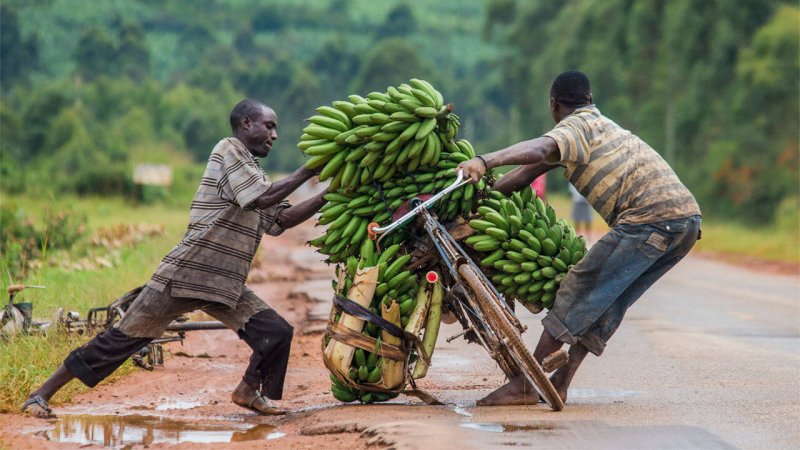All the cultivated banana varieties are susceptible to diseases — and Banana xanthomonas wilt (BXW) is particularly problematic. BXW is a bacterial disease that has emerged as one of the largest threats to bananas. Overall economic losses from the disease were estimated at US$ 2–8 billion over a decade.
While all crops have some pests, being pretty much clones doesn’t really help the case — bananas are commercially propagated through cuttings, which means that banana growers virtually clone the plants.
…
With this in mind, researchers from the International Institute of Tropical Agriculture (IITA) scientists in Kenya set out to use genetic modifications to produce more resilient bananas. They used CRISPR/Cas9.
They focused on a gene called downy mildew resistance 6 (DMR6), a gene that has previously been shown to be important for many plants in fighting disease. During pathogen infection, the expression of this gene works to reduce or suppress the plant’s immune function — so if the gene were to be switched off, the plant’s immune system could be turbocharged.
The plants edited with CRISPR showed increased resilience to the disease, in some cases by up to 66% more resilient. Other than the increased resilience, there seemed to be no differences.































